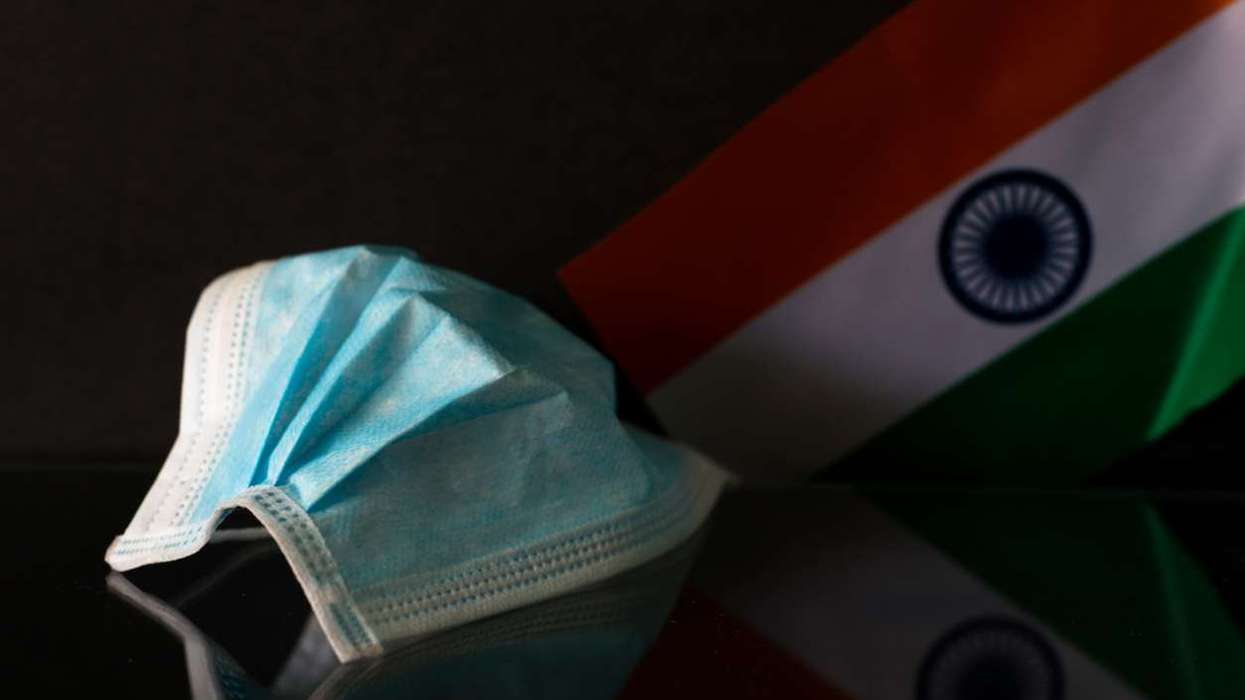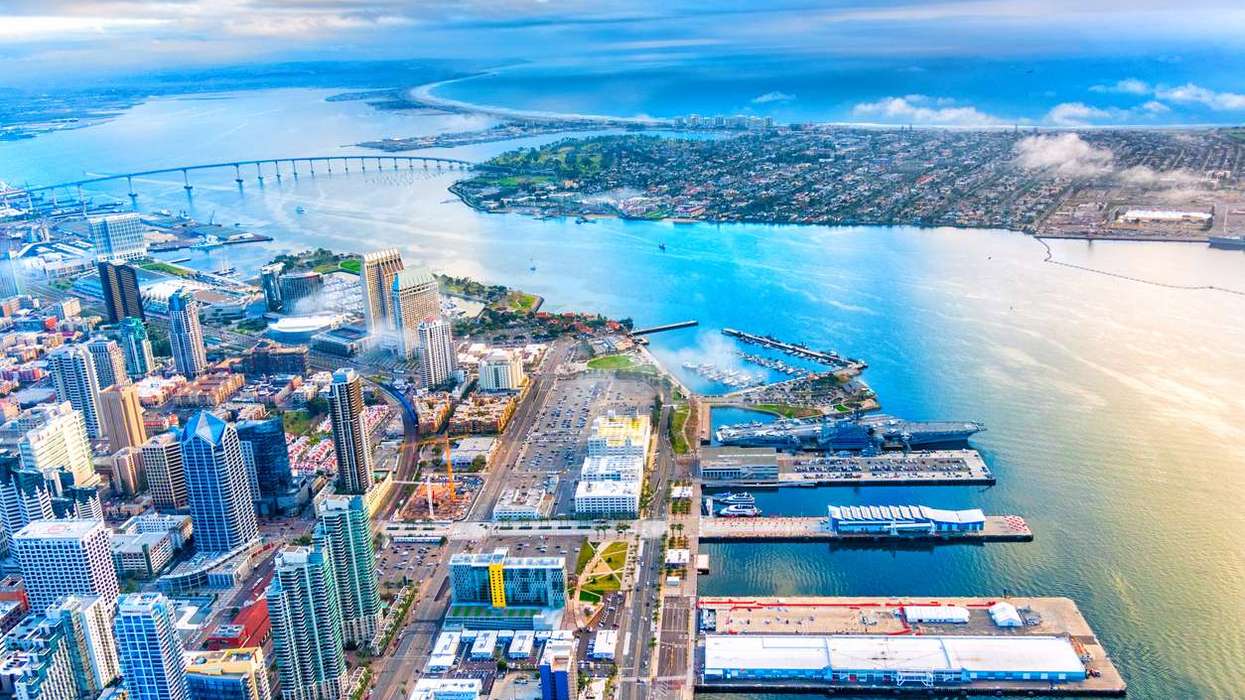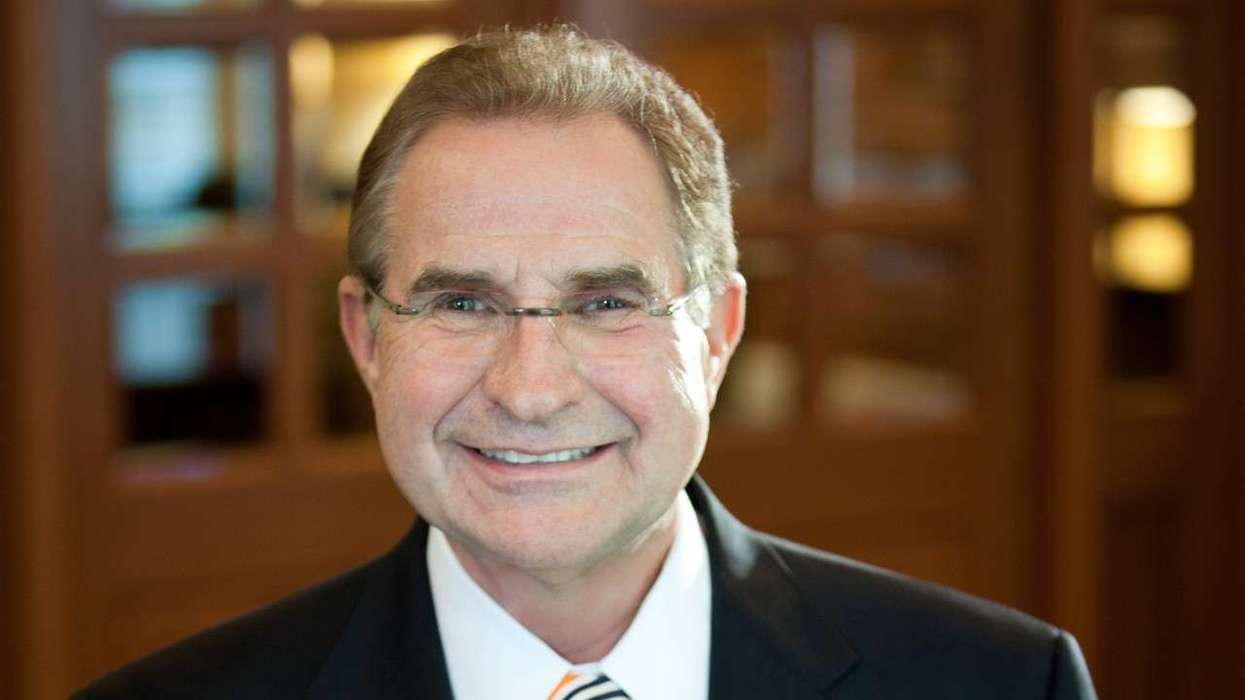THE U.S. HAS suspended the entry of workers on the H-1B and some other non-immigrant visa programs, ostensibly to protect American jobs according to President Trump. However, proponents of the visa program, such as the U.S. India Business Council, say the ban will inhibit job creation and investments in the U.S.
The ban extends from June 24 to Dec. 31, according to Trump’s proclamation. In justifying the ban, Trump said more than 20 million Americans have been out of work due to the pandemic.
“The May unemployment rate for young Americans, who compete with certain J nonimmigrant visa applicants, has been particularly high — 29.9 percent for 16 to 19-year-olds, and 23.2 percent for the 20-24-year-old group,” the proclamation said. “The entry of additional workers through the H-1B, H-2B, J, and L nonimmigrant visa programs, therefore, presents a significant threat to employment opportunities for Americans affected by the extraordinary economic disruptions caused by the COVID-19 outbreak.”
The H-1B and H-2B visa programs are designed to allow U.S.-based companies to hire foreign workers for long term or temporary jobs. Proposed legislation now aims to restrict the former program but streamline the latter.
The U.S. immigration agency said there were an estimated 583,420 H-1B authorized work permit holders in the country as of September 2019. Every year, the U.S. issues 85,000 new H-1B visas in addition to renewing those that have lapsed. The visas are typically issued for a period of three years. In recent years, Indian nationals have received about 70 percent of all the H1-B visas issued.
Visitors to the U.S. can carry out business travel using other visas, said Sheela Murthy, founder of the Murthy Law Firm specializing in immigration cases and based out of Maryland.
“If some of those people have other visas, let’s say tourist visas, the way the proclamation is written, for them there may be a potential legal loophole to enter the U.S. on that visa and attend meetings or travel on vacation as per the visa requirements, and within the legal time frame necessary to avoid fraud allegations, file for a change of status within the country legally, to switch from their existing visa to H-1B,” she told The Hindu newspaper. “Most of the current H-1B petitions would not anyway be effective until Oct. 1, which is the start of the fiscal year 2020-21 for the U.S. Customs and Immigration Service. If some of these applicants happen to be abroad, they are not going to get the visas to travel to the U.S. on H-1B status.”
“I think that the US has benefited greatly over the years by successive waves of immigration and most particularly the skilled workers that have been coming in under these H-1B visas and L-1 one visas that have enabled necessary talent to come in and augment American workers in support of technology fields,” said Nisha Desai Biswal, president of the U.S. India Business Council. “So, in curtailing the program, I think it is actually going to impede the upskilling of American workers to be able to take on many of these jobs.”
“This proclamation is a severe and sweeping attempt to restrict legal immigration,” said Thomas Donahue, CEO, the U.S. Chamber of Commerce. “Putting up a ‘not welcome’ sign for engineers, executives, IT experts, doctors, nurses and other workers won’t help our country, it will hold us back.”




